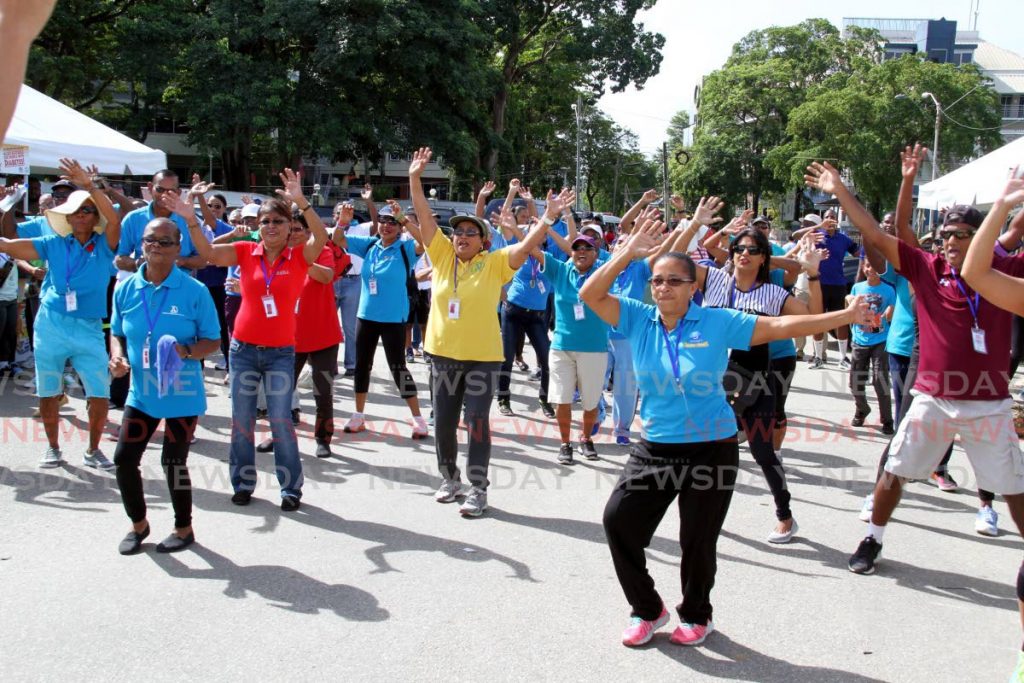Slipping up on diabetes

PEOPLE with diabetes have a lot on their minds. They must monitor their blood-sugar levels. They must eat appropriate foods. They must find time to exercise. They must take medication. They must attend doctors’ appointments.
With so much on their hands, it is easy to overlook another set of limbs: feet.
But for diabetics, the consequences of such slips can be extreme. Diabetes-related amputation is a nightmare for many. Yet it is dismayingly common in TT, according to the statistics Chief Medical Officer (CMO) Dr Roshan Parasram disclosed on Tuesday.
Approximately 600 amputations were done every year between 2012 and 2018. In 2021, there were 449. About 47 per cent involved Afro-Trinidadian patients, 42 per cent Indo-Trinidadians.
Such figures suggest too many diabetics are neglecting their feet. But they are not alone. A key reason for the prevalence of amputation is that medical practitioners don’t do adequate checks.
“Because there are so many people presenting in diabetic clinics, we spend very little time looking at their feet,” Dr Parasram said, speaking at a seminar on preventing and managing diabetic foot infections.
“We need to look at screening and prevention of disease, with testing being accessible and inexpensive.”
With almost 15 per cent of the population having Type Two diabetes and the State spending more than $300 million annually to manage diabetes patients, Health Minister Terrence Deyalsingh is rightly concerned.
At Tuesday’s seminar, he noted about 29 per cent of beds at public health facilities are occupied by patients with diabetes-related foot problems.
Behaviour change, was needed, Mr Deyalsingh said, referring to his ministry’s new TT Moves programme, which aims to get people to become active.
But the State also needs to acknowledge that tackling NCDs like diabetes requires more than just telling people to drink more water and eat more vegetables.
NCDs relate to a range of social, economic and cultural factors. These result in some people being less likely or able to put themselves first; to prioritise what they need to do for their wellbeing. For example, in the US, the bulk of diabetic amputations involve African Americans.
The covid19 pandemic has also underlined how marginalisation has a direct bearing on susceptibility to disease and late diagnosis. Not everyone can afford the cost of eating healthily, the time needed to cook fresh food, the energy to exercise.
Preventing NCDs in TT also means addressing the reasons why people distrust doctors or are unable to see them as frequently as they should.
It means making access to efficient, high-quality and affordable healthcare more widespread. It means removing the barriers – and they are not only economic – that discourage people from attending clinics for checks.
Dr Parasram calls for more access to diabetes testing. But that would be only a first step.


Comments
"Slipping up on diabetes"